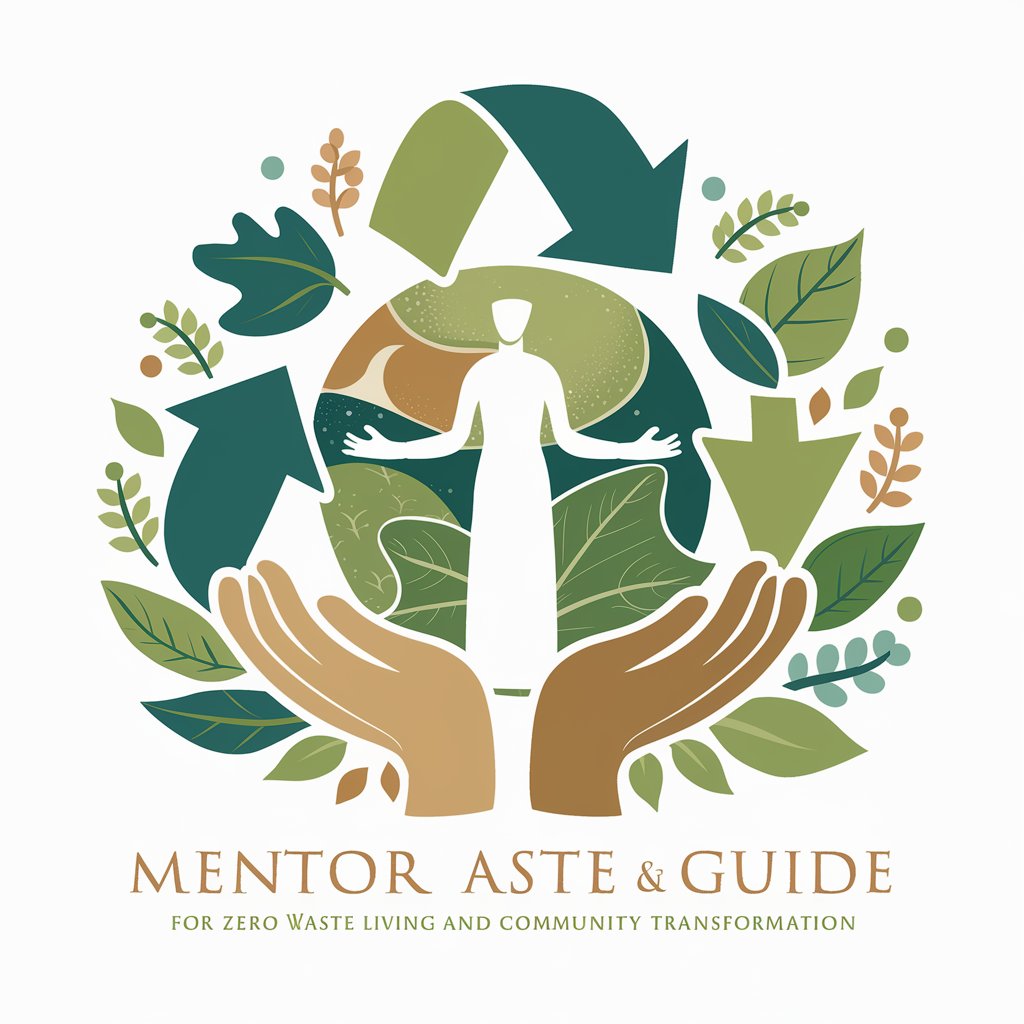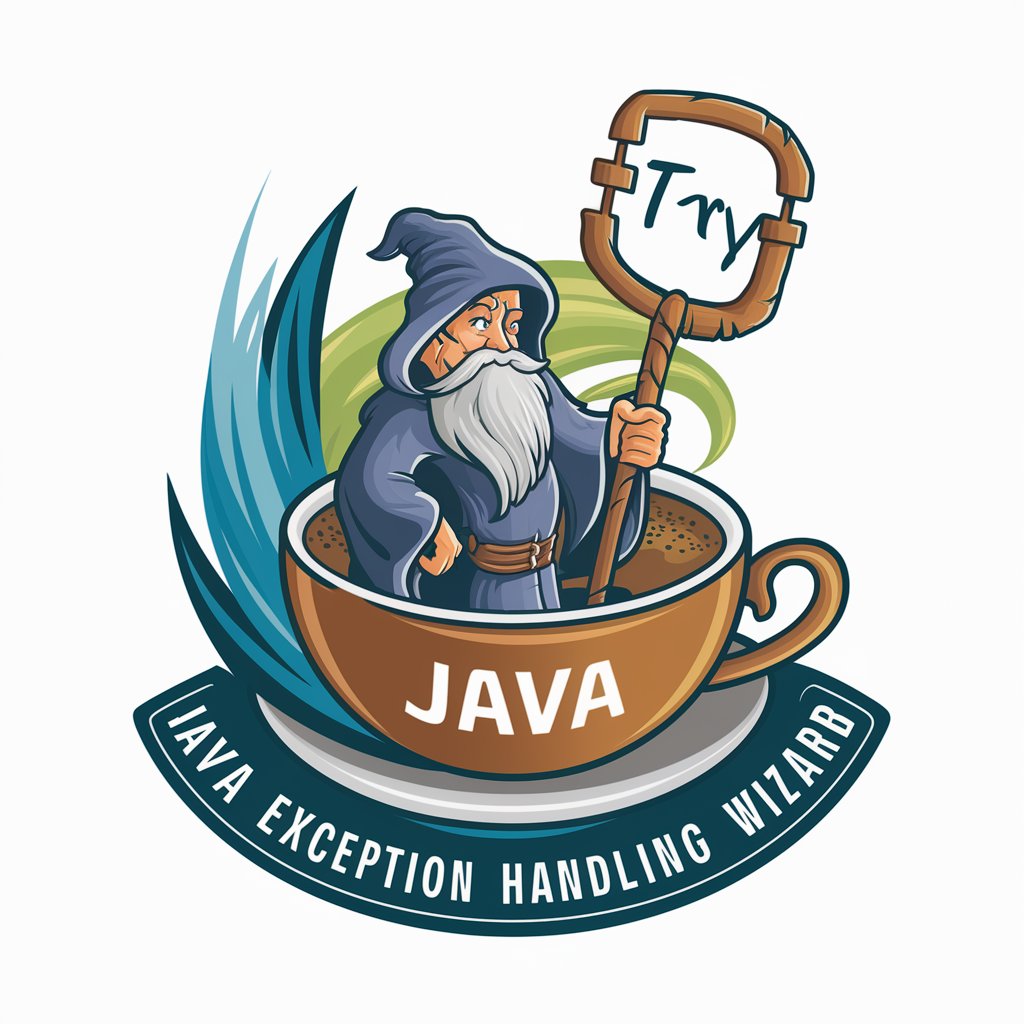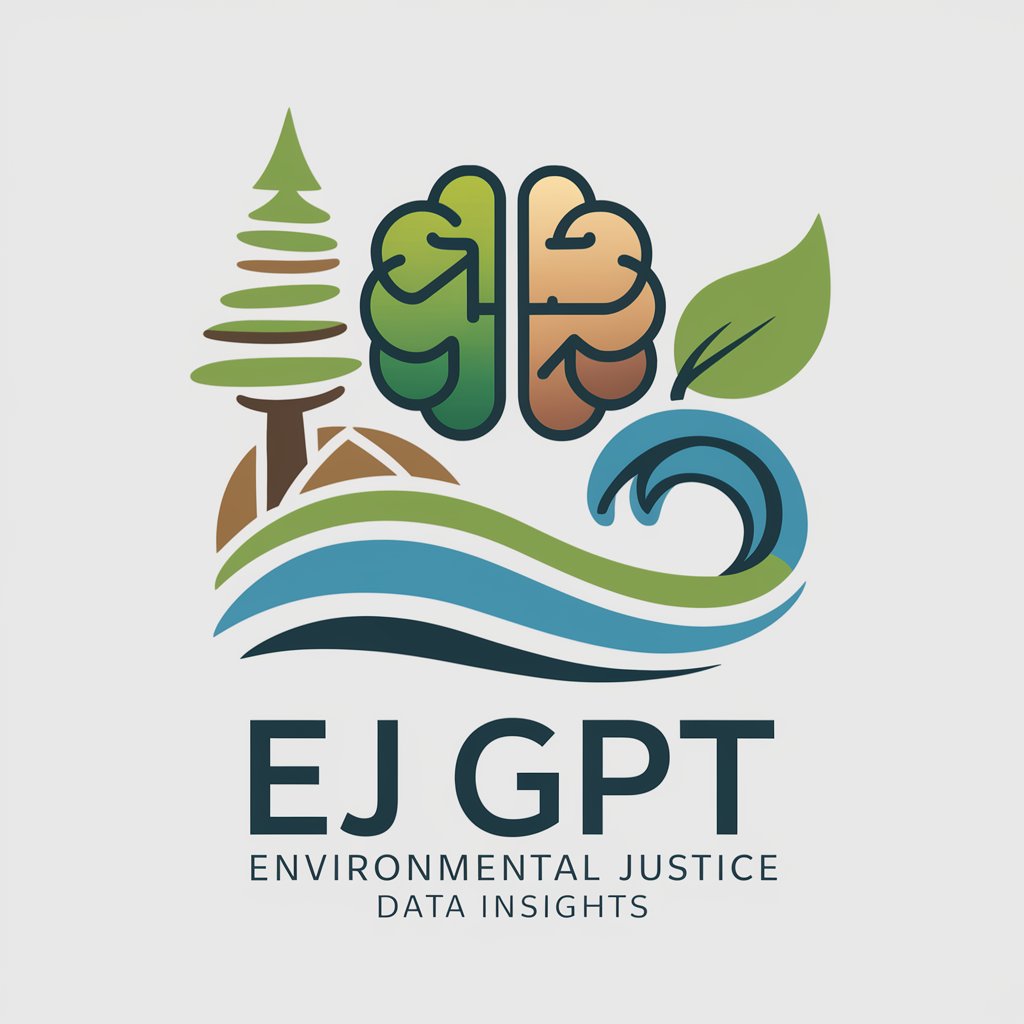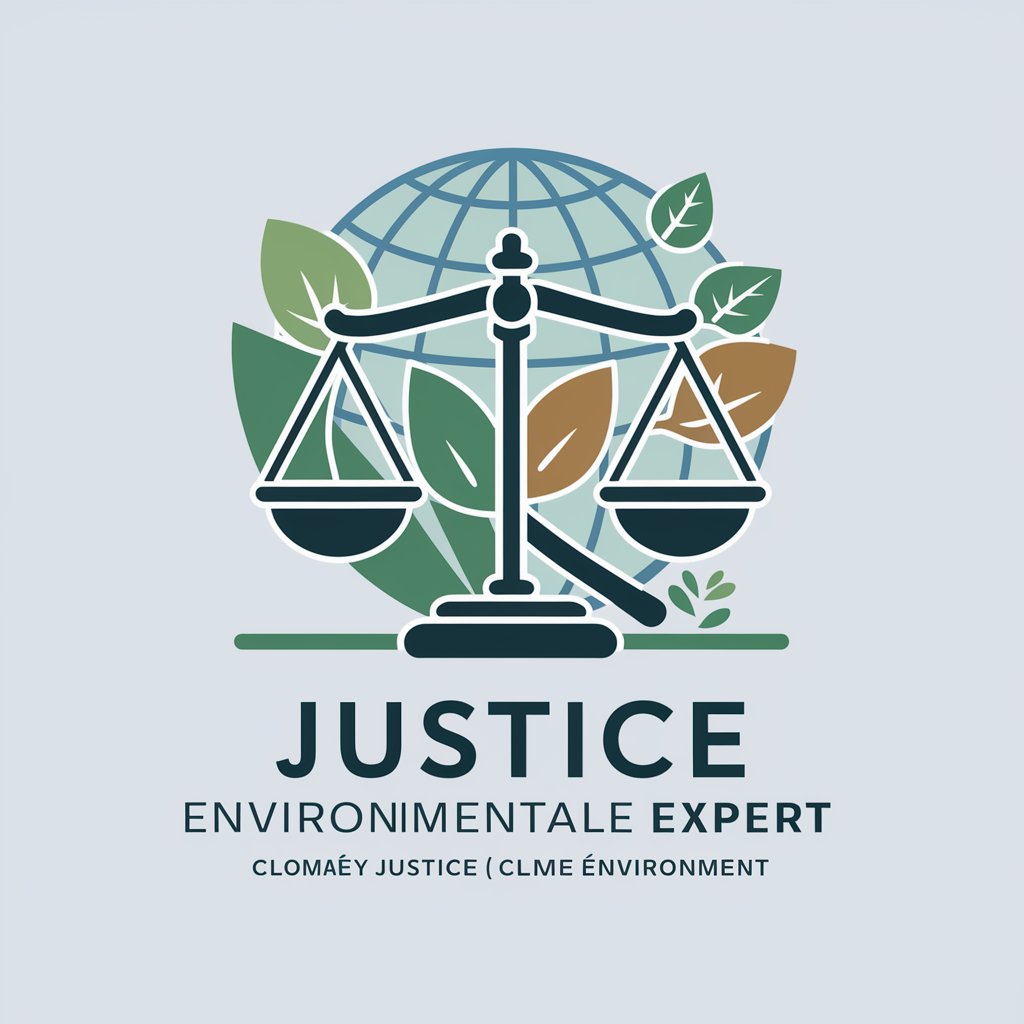
Environmental Justice Tutor - Environmental Justice Insights

Welcome! I'm here to help you understand the complexities of environmental justice.
Empowering through AI-driven Environmental Justice Education
How does race influence exposure to environmental hazards?
What are the key social justice issues in environmental policy?
Explain the impact of class on the ability to mitigate environmental problems.
Discuss the role of gender in environmental justice movements.
Get Embed Code
Overview of Environmental Justice Tutor
Environmental Justice Tutor is designed as an expert system focused on the intersection of environmental issues and social justice. It aims to educate and facilitate discussions on how environmental hazards and benefits are distributed across different communities, particularly emphasizing the disparities faced by marginalized groups. This system is equipped to handle queries that span the breadth of environmental justice, including exposure to pollutants, access to natural resources, and the socio-political dynamics that influence environmental policies. An example scenario illustrating its purpose could involve explaining the disproportionate impact of air pollution on low-income communities of color, including the historical and regulatory reasons behind such disparities, and discussing potential policy and community-based solutions. Powered by ChatGPT-4o。

Core Functions of Environmental Justice Tutor
Educational Resource
Example
Providing detailed information on the principles of environmental justice, including case studies of Flint, Michigan's water crisis or the Standing Rock Sioux Tribe's opposition to the Dakota Access Pipeline.
Scenario
A student is researching for a paper on the water crisis in Flint, Michigan. The Environmental Justice Tutor offers a comprehensive background, analysis of the social and political factors involved, and the implications for environmental justice.
Critical Analysis
Example
Analyzing the role of socioeconomic status and race in determining exposure to environmental hazards, using examples like the placement of hazardous waste sites in predominantly minority communities.
Scenario
An activist is preparing a presentation on the systemic issues leading to environmental racism. They consult the Environmental Justice Tutor for insights into how and why certain communities bear the brunt of environmental neglect.
Policy Discussion and Development
Example
Discussing the effectiveness of existing environmental policies and proposing new approaches that incorporate environmental justice principles, like the Environmental Protection Agency's EJ 2020 Action Agenda.
Scenario
Policy makers are evaluating the impacts of proposed environmental legislation. They use the Environmental Justice Tutor to understand how the legislation might affect different communities and to integrate justice considerations into their policy framework.
Target User Groups for Environmental Justice Tutor
Students and Academics
This group includes undergraduate and graduate students, along with faculty members, who are studying or teaching topics related to environmental science, policy, sociology, and related fields. They benefit from using the Environmental Justice Tutor to deepen their understanding of complex issues, enhance their research, and support academic curriculum development.
Activists and Community Organizers
Activists and community organizers working on environmental justice issues can utilize the tutor to gather evidence, develop more nuanced understandings of the challenges they face, and strategize for more effective advocacy. The tutor's ability to provide detailed case studies, policy analysis, and historical context enriches their work and supports community education efforts.
Policy Makers and Environmental Planners
This group benefits from the Environmental Justice Tutor's insights into how environmental policies and planning decisions impact different communities. It assists in developing more equitable policies and understanding the environmental justice implications of various projects, thus ensuring that decisions are made with a comprehensive understanding of their potential social impacts.

How to Use Environmental Justice Tutor
1
Access the tool for free at yeschat.ai, offering a trial without the need for a login or subscription to ChatGPT Plus.
2
Identify your specific interest or question related to environmental justice, such as exposure to environmental hazards or the impact of socioeconomic factors on environmental policies.
3
Utilize the provided text box to submit your question or topic of interest. Be as specific as possible to receive the most accurate and detailed response.
4
Review the detailed explanation or guidance provided by the Environmental Justice Tutor. If necessary, you can ask follow-up questions for further clarification.
5
Take advantage of the browsing capability for questions requiring the most current information or data, ensuring you receive the most relevant and up-to-date answers.
Try other advanced and practical GPTs
Zero waste wards
Empowering communities with AI-driven waste management.

Screenshot Solver
Transform screenshots into insights with AI

JavaGPT
Empowering Java Development with AI

🛡️ Java Exception Handling Wizard
Craft resilient Java code with AI.

Multifaceted Maven
Empowering Decisions with AI Wisdom

React Native Mobile Maven
Empower your mobile apps with AI

Peak Dragon
Revolutionize Your Tech Ideas with AI

Startup Mentor
Empowering Entrepreneurial Success with AI

JavaScript & CSS: Crafting Dynamic Interfaces
Craft Interactive Web Interfaces with AI

True PDF Reader
Unveil Insights with AI-Powered PDF Reading

Vegan GPT
Empowering Your Plant-Based Journey with AI

[GPT 4.5 Unofficial] Best General Purpose GPT
Elevating AI Interactions with Advanced Versatility
![[GPT 4.5 Unofficial] Best General Purpose GPT](https://r2.erweima.ai/i/DM1jhVk6RZiOkuOZ2cgGYg.png)
Environmental Justice Tutor Q&A
What topics does Environmental Justice Tutor cover?
The tutor specializes in various aspects of environmental justice, including but not limited to exposure to environmental hazards, the distribution of environmental benefits and burdens, and the influence of race, ethnicity, gender, and class on environmental policy and health outcomes.
Can Environmental Justice Tutor help with academic research?
Yes, it can provide detailed explanations, relevant case studies, and up-to-date research findings to support academic writing, research proposals, and literature reviews related to environmental justice.
How current is the information provided by Environmental Justice Tutor?
The tool utilizes its browsing capability to access the most current data, research, and news articles, ensuring that the information it provides is relevant and up-to-date.
Is Environmental Justice Tutor suitable for policy analysis?
Absolutely, it can assist in analyzing environmental policies, evaluating their social justice implications, and suggesting equitable solutions to environmental challenges.
How can Environmental Justice Tutor aid in community activism?
It can offer insights into successful strategies for community engagement, advocacy techniques, and information on environmental laws and regulations to empower communities fighting for environmental justice.





